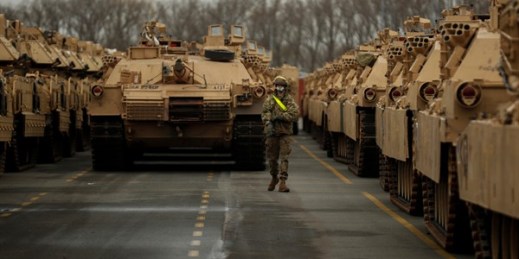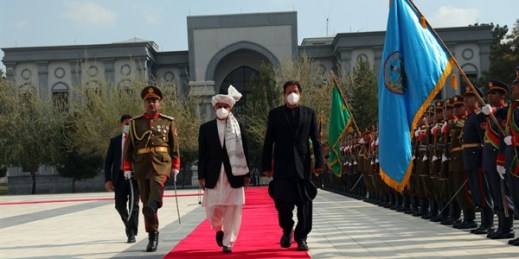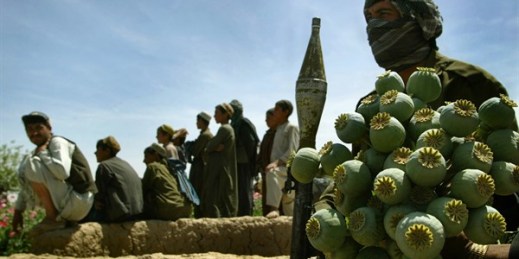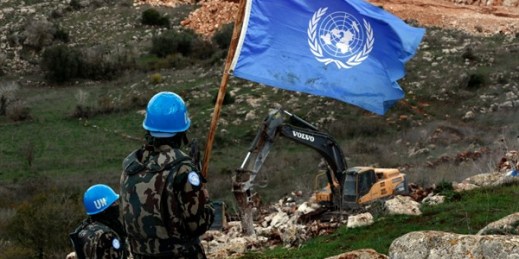
In late September 2020, the long-simmering conflict between Armenia and Azerbaijan boiled over into full-blown war. As Azerbaijani tanks and drones advanced into territory held by Armenian forces, commentators around the world warned of the possibility of regional instability or even a wider conflict between Turkey and Russia, which supported opposite sides in the fighting. The heart of the conflict was the disputed region of Nagorno-Karabakh, an obscure province in the South Caucasus that most Americans have never heard of—even fewer can muster an opinion as to which former Soviet republic it should belong to. Its relationship to U.S. security […]



